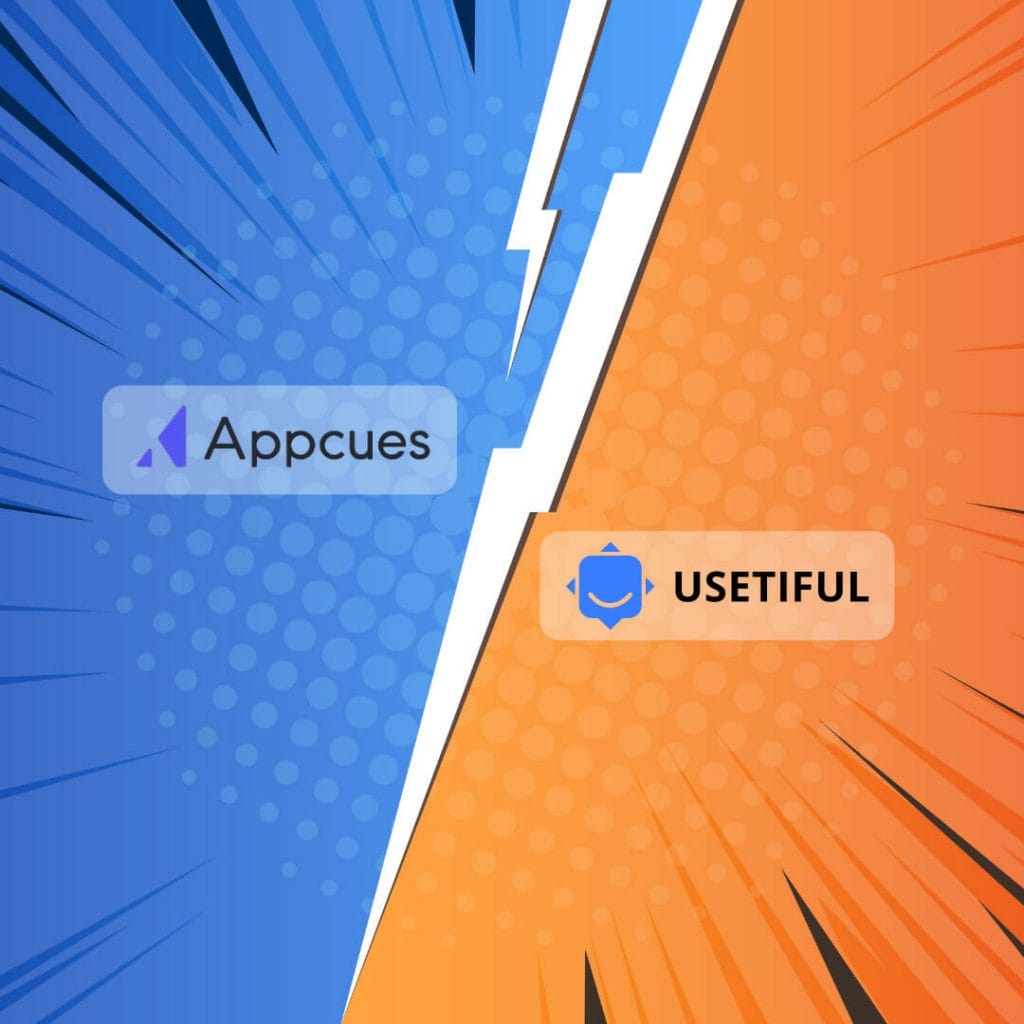In the world of online course platforms, two major contenders stand out among the rest: Kajabi and Teachable. Both platforms provide course creators with the tools and resources they need to build, market, and sell their online courses. However, when it comes to choosing the right platform for your needs, it can be tricky navigating the differences.
Kajabi positions itself as an all-in-one platform for creating an online business, supporting not only courses but also coaching, communities, memberships, podcasts, and more source. On the other hand, Teachable focuses more on learning management system (LMS) features and is primarily built for selling online courses and one-on-one coaching sessions source.
Throughout this article, we will provide an in-depth comparison between Kajabi and Teachable, examining the characteristics of each platform, their pricing structures, course creation and marketing features, as well as user experiences. This will help you make an informed decision on which platform best aligns with your specific needs as a course creator.
About Kajabi

Kajabi is an all-in-one platform designed for creating and selling online courses, digital products, and businesses. Unlike some other online course platforms, Kajabi caters to a broader audience of entrepreneurs who need a comprehensive solution for hosting, managing, and marketing their courses and digital products.
One of Kajabi’s most noteworthy features is its course creator tool. This tool enables users to seamlessly build their course structure and easily integrate multimedia content. It also provides a user-friendly interface for organizing course materials and designing a custom learning path for students. Additionally, Kajabi offers a variety of pre-made digital product templates to streamline the course creation process.
Kajabi shines in the area of hosting, providing users with unlimited video bandwidth, high-quality video streaming, and reliable hosting for their websites. This means that course creators can ensure a smooth learning experience for their students without having to worry about technical issues or the hosting infrastructure.
Marketing tools are essential for successfully promoting and selling courses online, and Kajabi offers a comprehensive suite to help course creators in this area. It includes a built-in email marketing system, customizable templates, in-depth analytics, and seamless integration with popular third-party apps like Zapier.
While Kajabi differs from more narrowly focused online course platforms, it still emphasizes the importance of creating and selling high-quality courses. Their system enables course creators to track student progress, offer quizzes and assessments, and provide further resources to enhance the overall learning experience.
In summary, Kajabi is a feature-rich online course platform that offers a variety of tools and services to support entrepreneurs in creating, hosting, and marketing their digital products. It’s designed to cater to the unique needs of businesses across various industries and can be an ideal choice for those looking for a comprehensive, all-in-one solution.
About Teachable

Teachable is a popular online course platform that enables creators to build, market, and sell their courses with ease. The platform offers a suite of tools and features that simplify the course creation process, allowing users to focus on producing quality content for their audience.
One of the main strengths of Teachable is its user-friendly interface which makes it easy to create and organize courses. The platform supports various content types, including video, text, quizzes, and surveys, and allows for flexibility in organizing lessons, sections, and modules. In addition, Teachable provides options for course creators to customize the look and feel of their courses using different themes and customization options.
Teachable offers a range of marketing features such as landing pages, sales funnels, and email marketing tools to help creators promote their courses effectively. With robust automation tools and various integrations, Teachable enables users to streamline their marketing efforts and engage with their audience more efficiently.
Pricing for Teachable is competitive and designed to cater to different needs and budgets. The platform offers a free trial for users who want to test the features before investing, as well as paid plans with additional functionality such as advanced analytics, payment gateways, and custom website domains.
Support is another important aspect of Teachable, with responsive customer support and a vast knowledge base available to help users navigate the platform. Users can get assistance via email or webinars, and access helpful documentation, tutorials, and community forums.
Teachable also provides an all-in-one payment solution, supporting Stripe and PayPal, which simplifies the payment process for both creators and their students. The platform charges a transaction fee depending on the chosen plan, which means that creators can focus on selling their courses without worrying about handling payments.
One unique feature of Teachable is its in-built video hosting service, allowing creators to upload and manage their video content within the platform. This alleviates the need for third-party hosting services, creating a seamless course creation experience.
In summary, Teachable is a versatile online course platform that excels in ease of use, course creation flexibility, and a wide array of marketing and customization features. With a focus on supporting creators in reaching their audience and maximizing revenue, Teachable is a reliable solution for any course creator looking to build and sell online courses under their own brand.
Round 1: Best UX

When comparing Kajabi and Teachable in terms of user experience (UX), several factors come into play, including ease of use, course creation, and design customization.
Kajabi excels in offering a comprehensive and streamlined user experience. Its intuitive dashboard helps users easily navigate through the platform, while its user-friendly drag-and-drop builder enables smooth course creation. Additionally, Kajabi offers a variety of pre-built templates, specifically engineered for different types of online courses, ensuring optimal design customization for creators.
Teachable, on the other hand, focuses on flexibility and a wide range of content formats. Its course creation interface is also user-friendly and straightforward, allowing users to upload various types of content such as videos, quizzes, and text. Teachable also offers customization options for course appearance, although its selection of templates is more limited compared to Kajabi.
In terms of email marketing, Kajabi takes the lead with its robust built-in email marketing system. Users can create and send customized, automated emails, segment their audience, and track email performance without relying on third-party tools. This seamless integration streamlines the process and enhances user experience.
Teachable, while lacking a built-in email marketing feature, does allow integration with popular third-party email marketing services such as Mailchimp, ConvertKit, and AWeber. This offers users the flexibility to use their preferred email service, albeit with the added step of integrating it with the Teachable platform.
When it comes to marketing features, Kajabi stands out with its all-in-one platform that includes sales funnels, landing pages, and website themes to help users run their online course business more efficiently. Teachable, although it provides some marketing features, mainly focuses on course creation and selling, requiring users to use third-party tools for advanced marketing functionality.
Overall, both Kajabi and Teachable have their strengths in user experience. Kajabi offers a more streamlined and comprehensive experience, especially in terms of course design, customization, and email marketing. On the other hand, Teachable provides more flexibility and a wider range of content formats, but requires extra steps in some aspects such as marketing and email integration.
Round 2: Features Comparison

When comparing the features of Kajabi and Teachable, it’s essential to consider what each platform has to offer to online course creators.
Kajabi positions itself as an all-in-one solution for creating, marketing, and selling online courses. Some of its notable features include a comprehensive website builder, landing pages, email marketing tools, and digital product templates alongside course creation capabilities. Kajabi also offers video hosting services, customer progress tracking, and assessment options for quizzes and surveys source.
Teachable, on the other hand, focuses more on simplicity and ease of use, making it an attractive option for beginners. With Teachable, you can create and manage online courses with customizable content, including video, text, and quizzes. Teachable also supports video hosting and integrates with popular web services like MailChimp, Google Analytics, and Zapier source.
Both platforms allow you to create and deliver online courses, but their course structuring options differ. Kajabi offers a more flexible and comprehensive course-building experience, which includes various digital product templates, and allows for better customer progress tracking source.
Teachable has a more straightforward and beginner-friendly approach to course structuring. It may not offer the same level of customization as Kajabi, but it’s ideal for online course creators who want a simpler platform to get started with source.
When it comes to marketing and sales tools, Kajabi is more feature-rich. They provide an integrated suite of sales funnel tools, email marketing capabilities, and a selection of website themes to choose from source. Teachable offers a more basic set of marketing tools, focusing mainly on course promotion and integration with external services like email marketing platforms and analytics tools source.
In summary, Kajabi offers a more comprehensive feature set for online course creators looking to build a complete online business. On the other hand, Teachable is about simplicity and ease of use, making it the perfect option for beginners who want to create and sell online courses without the complexities offered by Kajabi.
Round 3: Price

When comparing Kajabi vs Teachable, it’s crucial to look at their pricing plans to better understand which platform offers the best value for its features.
Kajabi offers three pricing plans to choose from, providing different feature sets depending on the user’s needs. The Basic plan starts at $119 per month, followed by the Growth plan at $159 per month, and the Pro plan at $319 per month. While these plans may seem more expensive than Teachable’s offering, it’s important to consider the all-in-one nature of Kajabi’s platform and the additional marketing and sales features it provides.
Teachable, on the other hand, provides a more accessible pricing structure with three plans to suit various budgets and needs. The Basic plan comes in at $29 per month, the Professional plan at $99 per month, and the Business plan at $249 per month. Although Teachable is a more affordable option compared to Kajabi, users should be aware that they may need to invest in additional tools for marketing and sales purposes.
Both platforms offer free trials for potential users to test out their features and functionalities before committing to a paid plan. Kajabi provides a 14-day free trial for all of its plans, while Teachable gives users a 30-day money-back guarantee allowing them to explore the platform risk-free.
To sum up, although Teachable’s pricing plans may be more suitable for those with budget constraints, Kajabi offers comprehensive features for sales and marketing that might justify its higher pricing for some course creators.
Battle Decision: Teachable Winner

Teachable emerges as the winner in this SaaS battle for several reasons. Firstly, it caters to a wider range of users, from beginners to experienced course creators, while Kajabi is tailored more to businesses with specific sales funnel, marketing, and website theme requirements1. This versatility that Teachable offers makes it a more inclusive platform for all types of users.
In terms of course creation and engagement, Teachable and Kajabi both support various content types and offer course builders2. However, Teachable outshines Kajabi when it comes to webhook functionality3. Teachable has a more robust webhook system, allowing course creators to link their email marketing software with ease. While Kajabi does offer inbound webhooks, the range of scenarios it supports for triggering webhooks is comparatively limited.
Furthermore, course creators seeking more affordable solutions for their digital learning business will find Teachable to be the better option4. Kajabi’s higher cost comes with some additional features, but these may not be necessary for many course creators. Teachable remains a cost-effective choice that ensures a great degree of functionality without compromising its user-friendly nature.
In summary, Teachable emerges as the winner in this SaaS battle based on versatility, robust webhook functionality, and affordability for different types of course creators. While Kajabi has its strengths, Teachable sets itself apart as a platform that caters to a broader audience, making it easier for users to create and sell their online courses.



